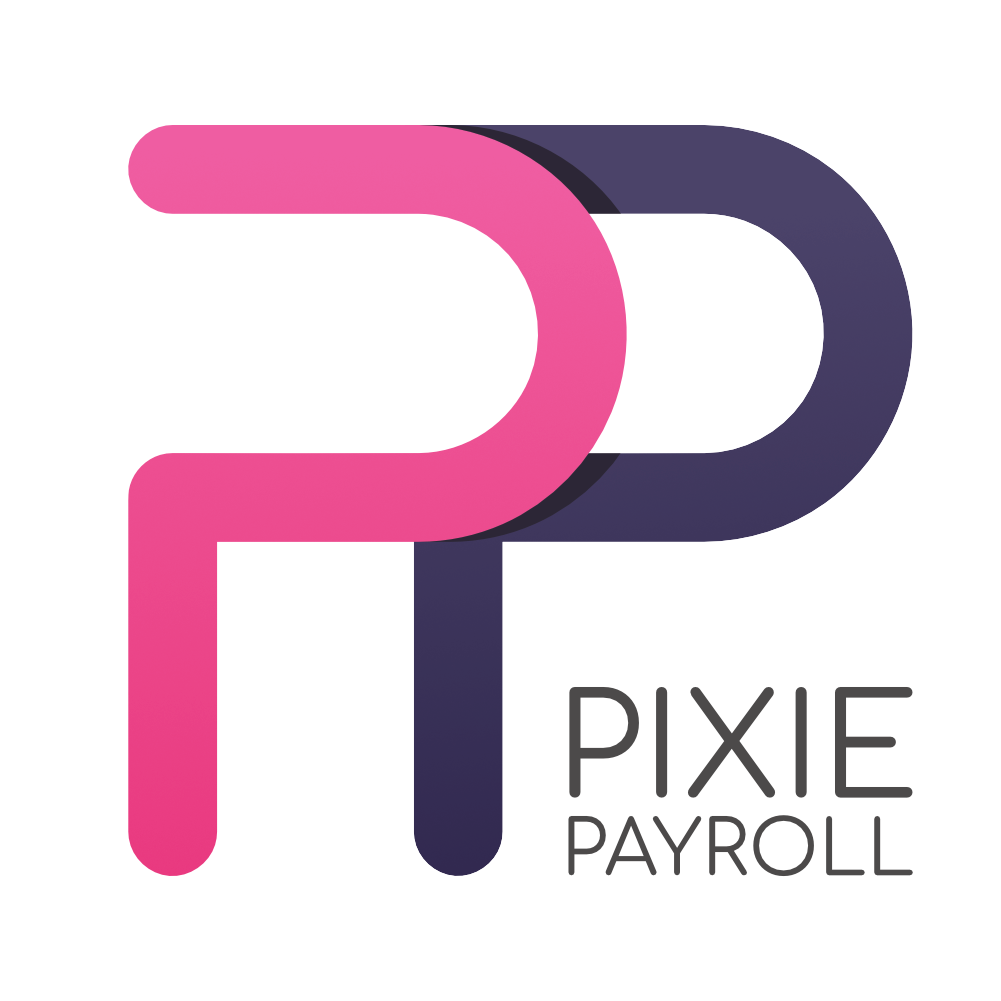Following on from the Prime Minister’s announcement earlier this week which tightened some of the restrictions we’ve all got to live under, the Chancellor Rishi Sunak yesterday announced a new range of support packages for businesses to try and keep people employed and to protect the economy.
The current Coronavirus Job Retention Scheme – which we all know as being on furlough – had always been due to come to an end at the end of October. When it was initially announced back in March, there was some hope and expectation that the virus would be under control by now and we would all be getting back to normal. But as we now know, that’s not the case at all and more support for businesses and employees is required.
Job Support Scheme
So yesterday, the Chancellor has announced the Job Support Scheme which replaces the CJRS and will start on the 1st November and run for six months. In order to qualify, the employee must be working at least a third of their normal hours and so be earning at least a third of their normal pay. The employer will then be expected to top up those earnings with a third of the lost pay and the government will support the employer by paying another third of the lost pay.
So as an example, if an employee normally earns £2,000 working full time but is currently only working for a third of those hours, they would be earning £666. That means they have lost £1,334 and so the government will pay a third of that – £444 and the employer would pay the same. So the employee earns £1,554 for working just a third of their normal hours.
Under this scheme, the employer would still be able to claim the Job Retention Bonus early next year and they would be prohibited from issuing any redundancy notices during the duration of the scheme. The scheme is also open to employers who didn’t claim under the Coronavirus Job Retention Scheme.
Self Employed scheme extended
The Self Employment Income Support Scheme will also be extended under similar terms to the Job Support Scheme to help the self-employed although it will only cover 20% of average earnings over the last 3 years. The Chancellor also announced time to pay income tax bills up to January 2022.
Pay As You Grow on Bounce Back Loans
Repayment terms on Bounce Back Loans have also been adjusted to help businesses survive. The time a business can take to repay their loans can be extended to 10 years, can be changed to interest-only and there is also the possibility of a repayment holiday if a business is really in trouble.
VAT
VAT was reduced to 5% in certain sectors over the summer and this has now been extended till 31st March 2021. We have already seen some businesses pass on that discount to customers and others retain the extra money to help their cashflow and we expect that to continue.
Whilst some of these measures are less generous than we saw at the beginning of the Coronavirus crisis in March, they have been designed to keep job losses down whilst recognising that some businesses have reopened and have been able to bring their employees back to work. But they also recognise that we are in no way back to normal and we have a tricky winter ahead of us.
The Job Support Scheme involves some difficult calculations so even if you have been managing your payroll yourself up to now, do get in touch if you need help.
